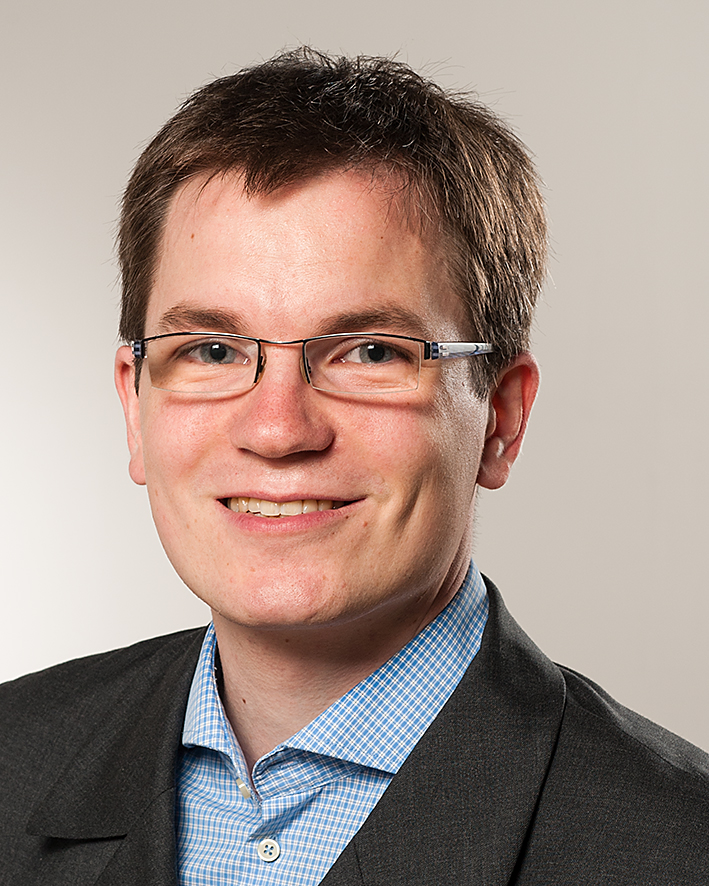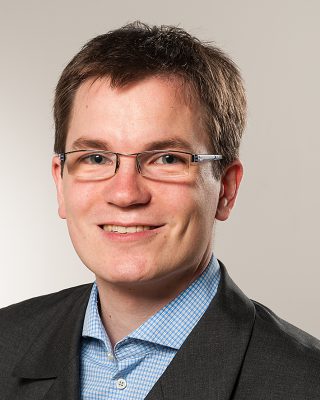 |
 |
Yannick Poullie, former junior researcher in the project ”Demilitarisation in an increasingly militarised world”, has published the results of his research in an article entitled “Åland’s demilitarisation and neutralisation at the end of the Cold War: Parliamentary discussions in Åland and Finland 1988-1995”. The article is published in the International Journal on Minority and Group Rights Vol. 23, Issue 2 (2016) 179-2010.
Poullie’s abstract explains the thrust of the argument: As a region that is simultaneously demilitarised, neutralised and autonomous, the Åland Islands represent a unique and long-established case in international law. However, this status was never independent of surrounding events. The early 1990s saw both the end of the Cold War and Finland’s accession to the European Union. This paper offers an analysis of the discussion regarding Åland’s demilitarised and neutralised status among both Finnish and Ålandic legislators during this period. It finds that Finnish policy-makers saw little need to discuss the matter. Åland’s officials continuously criticised the Finnish Defence Forces’ presence in the region as excessive and proved unwilling to let the issue rest. Against formal obstacles, they established themselves as a relevant actor, facilitated by differing approaches of political, diplomatic and military officials in Finland. Other sovereign states showed only limited interest in the discussion, making it a domestic one for the most part.
While the project is not entitled to publish electronically the article in full text, anyone interested in the text can contact the research project leader, Sia Spiliopoulou Åkermark, at sia[at]peace.ax with a request.
The article is the first internationally published result of the research project “Demilitarisation in an Increasingly Militarised World. International perspectives in a multilevel framework – the case of the Åland Islands”. The project is a cooperation between researchers at the Åland Islands Peace Institute and the Arctic Center (University of Lapland, Rovaniemi). Research is supported by the Kone foundation and the Åland Culture Foundation (Ålands kulturstiftelse).
Yannick Poullie has previously on the same theme published the blog piece Åland’s demilitarisation and neutralisation at the end of the Cold War, 1988–1995.
Yannick Poullie is now continuing his career as a doctoral candidate in Germany.



